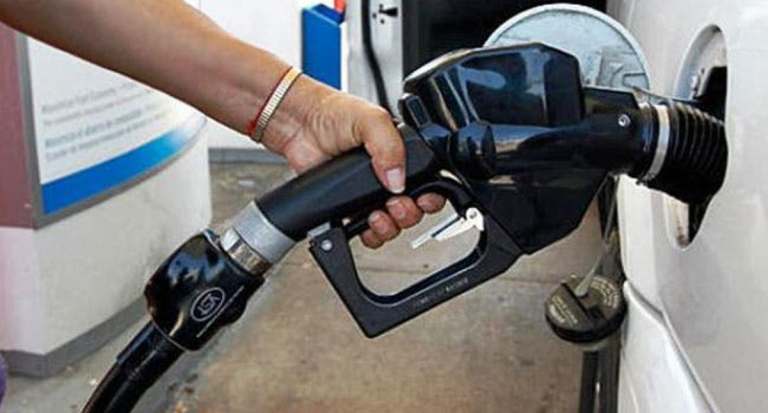Nigeria spent N2.7 trillion to import premium motor spirit (PMS), diesel and jet fuel in the third quarter of 2023, data by the National Bureau of Statistics (NBS) have shown.
Coming amidst the inability to overhaul the country’s refineries, white products have remained the largest import of the country.
The total import of PMS imported during the period stood at N1.9 trillion, while diesel was N736.7 billion. Jet fuel was N135.8 billion.
While Nigeria remains a leading crude oil producer, the country is one of the only major oil producers that is totally on the importation of petroleum products.
Nigeria’s continued dependence on importation of petroleum products remains a concern.
About 18 years ago, private investors had rushed to apply for refinery licences under former President Olusegun Obasanjo. Former President Muhammed Buhari, during his tenure, offered other licences as well.
The total licences should be in the region of 62 pushing the country’s refining capacity on paper to over 2.3 million barrels per day.
This is about one million barrels higher than the country’s total crude oil daily production.
Going by the licences, the current refining capacity includes Dangote Refinery with 650,000 bpd capacity, BUA Refinery with 200,000 bpd capacity, NNPC Limited with a combined capacity of 445,000. OPAC refinery, the Walter Smith refinery, the Aradel refinery and the Edo refinery, which are already in operation, have a combined capacity of 27,000 barrels per day.
These bring the refineries that are either in operation or close to starting production to about 1.322 million barrels per day. The other refinery licences, mainly modular refineries with unknown status, have close to one million barrels per day capacity.
Although the global petroleum products market appears to be shifting to Africa, especially Nigeria, as refineries begin to shut down in Europe, stakeholders told The Guardian that many of the people who currently own licences do not have the intention to refine crude oil.
Last month, NNPC admitted that 77 per cent of the rehabilitation work has been done on its refinery but stakeholders told The Guardian that the state oil company was merely playing to the gallery.







